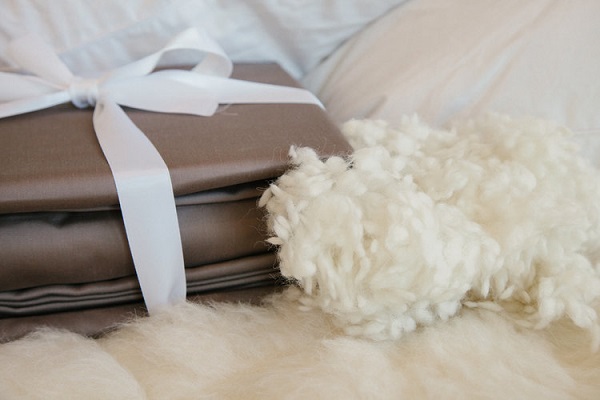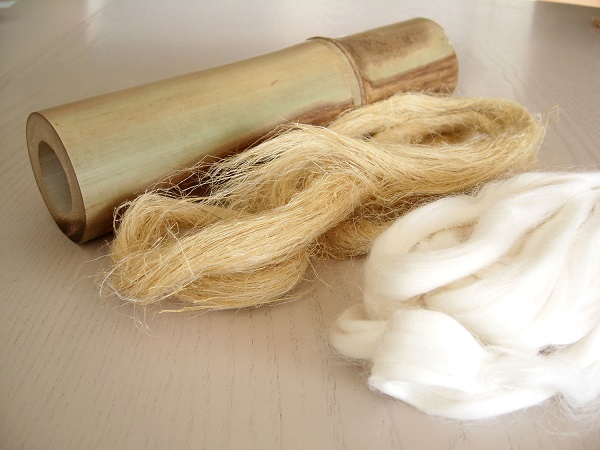Bamboo Fabric: Bedding Worthy of Queens (Drift off to the Land of Dreams with Ease)
Flashback to fourteen months ago. It’s 2 in the morning. My toddler is awake and ready to play. I’m pacing around the room, my head hurts and at the end I give up and rock and sing him back to sleep. But instead of catching up on sleep myself, I’m wide awake.
This had been going on for six weeks. Cuddling my son to sleep was not a problem, cuddling myself to sleep – now that was a nightmare. Even after everything went back to normal, I had trouble falling asleep. And I did everything by the book – I avoided watching TV or checking social medias, tried relaxing my mind to sleep, read a little … but nothing. So after four months of torture, I finally told myself that this isn’t normal. I was in desperate need of more ZZZs and simply had to do something about it.
A yoga friend recommended I get bamboo bed sheets. Really!? Could it be that my 800 thread count Egyptian cotton bedding is sabotaging my sleep? Yes, according to sleep experts. Apparently, it’s not all about thread count. Bedding material can also affect how you sleep. It does make sense though. We do spend third of our lives hugging bed sheets and pillow cases, so why not get the ones that feel fabulous? Still I wasn’t sold on bamboo until we vacationed in Cairns. The hotel we stayed at had the bamboo bedding and those were the best sheets I’ve ever slept in. The lightweight fabric felt incredibly soft and for the first time in a long time, I finally got some quality shuteye. It was love at first sight and from there the rest is history.

I decided to take bedding seriously. In my experience, quality bed sheets (thread count and material) can make a significant difference between a good night’s sleep and tossing and turning throughout the night. The softness of the bamboo fabric bed sheets has made my sleeping experience a better one. But in addition to being extremely soft, what I like the most about bamboo sheets is that they are also environmentally friendly (if you read my posts, you know how important this issue is to me).
Bamboo is an abundant, easy-to-grow crop that even when not grown organically, it can be cultivated without pesticides or chemical fertilizers. Bamboo fabric is made from the pulp of the bamboo grass, which is pulped until it separates into thin threads of fiber. The bamboo fiber is then spun and dyed for weaving into cloth.
The bamboo fabric feels almost as soft as silk. As the fibers are free of chemicals, they’re naturally smoother and have no sharp spurs which can irritate the skin, what makes bamboo hypoallergenic and ideal for people who are allergic to other natural fibers such as hemp and wool. Furthermore, bamboo features an anti-bacteria and bacteriostatic bio-agent called Bamboo kun, what makes it antibacterial and antifungal too. This quality remains even when plant is converted into textile fiber meaning bacteria cannot survive in bamboo sheets. In other words, bamboo sheets feel fresher and odor free longer, hence healthier and more hygienic as well.

Another great benefit of bamboo fabric is that it is extremely breathable and has temperature regulating properties. The fibers are covered with micro-gaps that give the fabric better ventilation and moisture absorption, keeping you cooler in the summer and warmer in the winter.
When it comes to proper care, I machine wash them separate using the delicate cycle (it’s the closest to hand-washing). This guarantees the sheets will remain soft and last longer. Also, I never machine dry them (not even on low heat) as the fabric can lose its shape. I line dry mine and iron on low heat.



